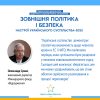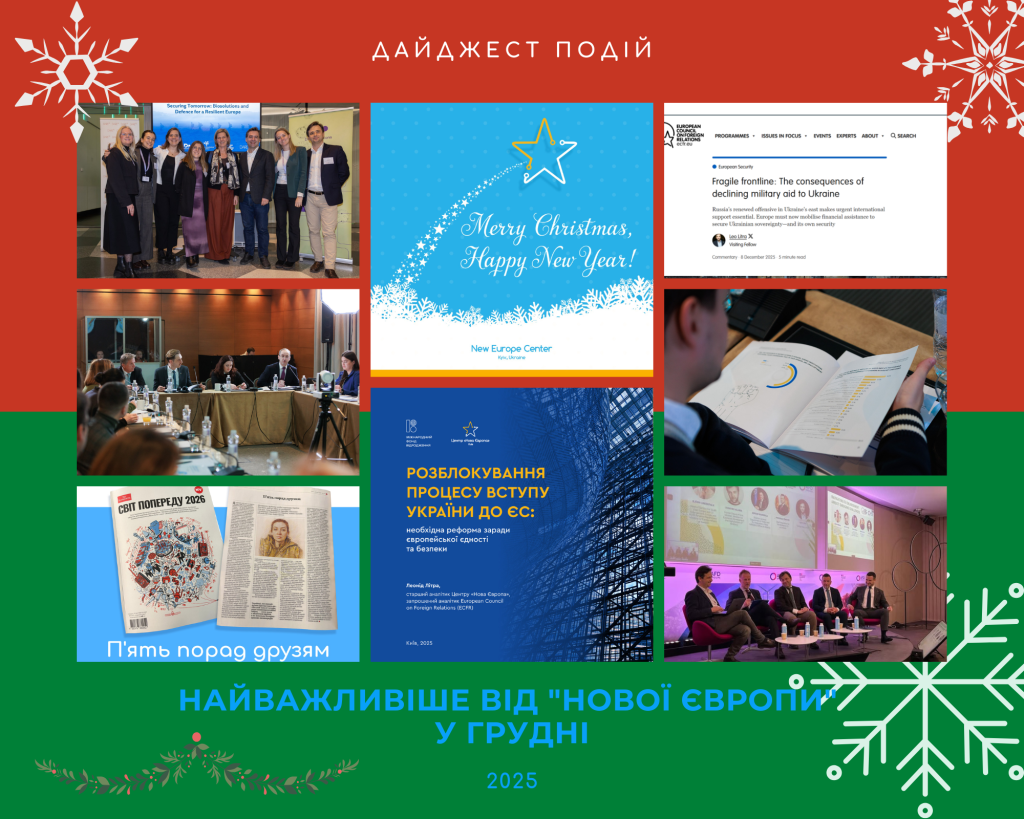We bring to your attention the key messages of the speakers from the Session 1 of the Ukraine-Japan Forum “No space for neutrality. How the response of the democratic world on Russia’s war is seen from Ukraine, Europe, US and Japan”.
Petro Burkovskiy, Executive Director of the Ilko Kucheriv Democratic Initiatives Foundation:
The first lesson that Ukraine has learned is that there is no collective West; there are different countries with their specific national interests, but they are all united or should be united by collective values and goods that cannot be obtained alone. The result of this war will show whether this concept of the “collective West” is still relevant and viable.
For at least 300 years, Ukraine has understood what the Russian threat is. At the same time, there is still a serious debate in the West about what Russia poses a threat to. And there is still a serious argument that it was the West that provoked Russia.
I see four possible scenarios for the development of this war, among which the West must choose:
- The first option is to accept the Russian threat. This means that Ukraine must give up all territories, agree to a neutral status, and essentially become part of Russia.
- The second option is to soften the Russian threat by accepting certain Russian demands, but not all.
- The third option is to isolate Russia and contain the threat by inflicting a military defeat on it. Under this scenario, Ukraine can win, but not regain Crimea – it will remain Russian.
- The final scenario is the destruction of the Russian army and the collapse of Russia. This means that Russia will disintegrate, Crimea will become part of Ukraine, and we will take certain actions to change the regime in Russia. This will be the key to its complete elimination for many, many years.
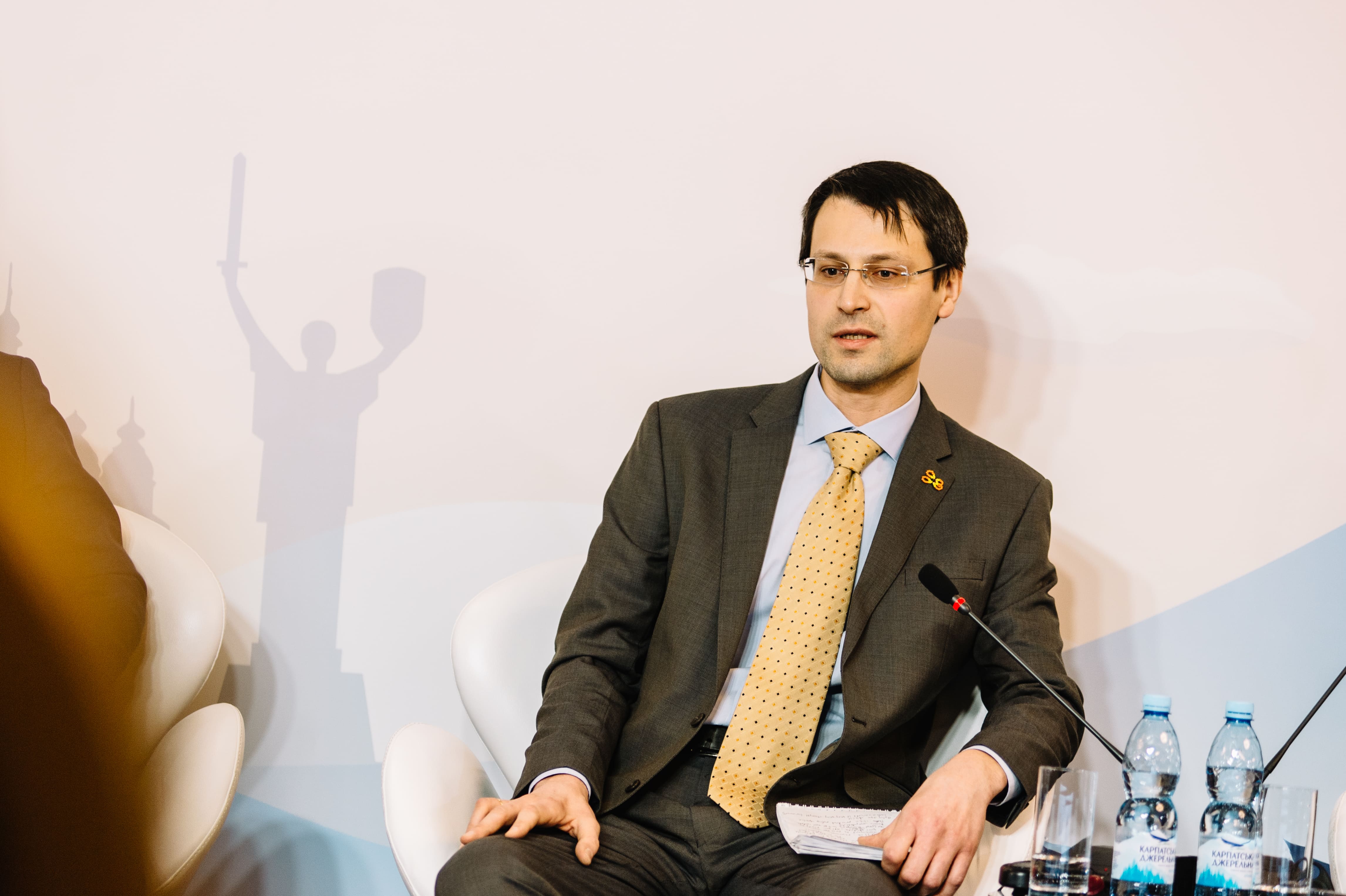
Gustav Gressel, Senior Policy Fellow with the Wider Europe Programme at the European Council on Foreign Relations’ Berlin office.
I think that military supply to Ukraine is one of the most effective ways of countering Russian aggression because Europeans basically underestimate the importance of the military victory over Ukraine as part of the overall Russian strategy.
Basically we should keep supporting Ukraine to win not only for Ukraine, but for ourselves first. This is the main thing that Europeans have not yet correctly understood – how important is this war for our own security.
We have not clearly defined the war aim. Should Ukraine only survive, should it win, what should victory look like? In the end the aims in the war dictate the means you use. Unfortunately, we have a very fluent debate in the US and European states on what is the final instate, how far should we go, and what are the risks implied. We have very divergent visions for war strategies in Europe. We have very divergent estimations of the risks involved. This leads to us not seeing our military support effort through the military logic of the war and the demand of supplies.
In the end what matters is whether Ukraine can hold the frontline and do Ukrainian soldiers in Bakhmut, Avdiivka or Kreminna have the armored vehicles, ammunition, and anti tank missiles they need. One’s domestic constituency and party doctrines is nice to have, but it is not enormously relevant to whether Ukraine will survive. And that is the problem that Europe faces.
We cannot supply Ukraine for years from existing stocks. They are basically empty. New defense industrial production will become and has to become the cornerstone of military assistance to Ukraine. The problem again is that we do not yet have a common defense industrial strategy – how to share the burden of supplying Ukraine.The longer we wait for this to come, the bigger the problems will be to coordinate that at the last minute. Yet, we are slowly moving to the proper direction.
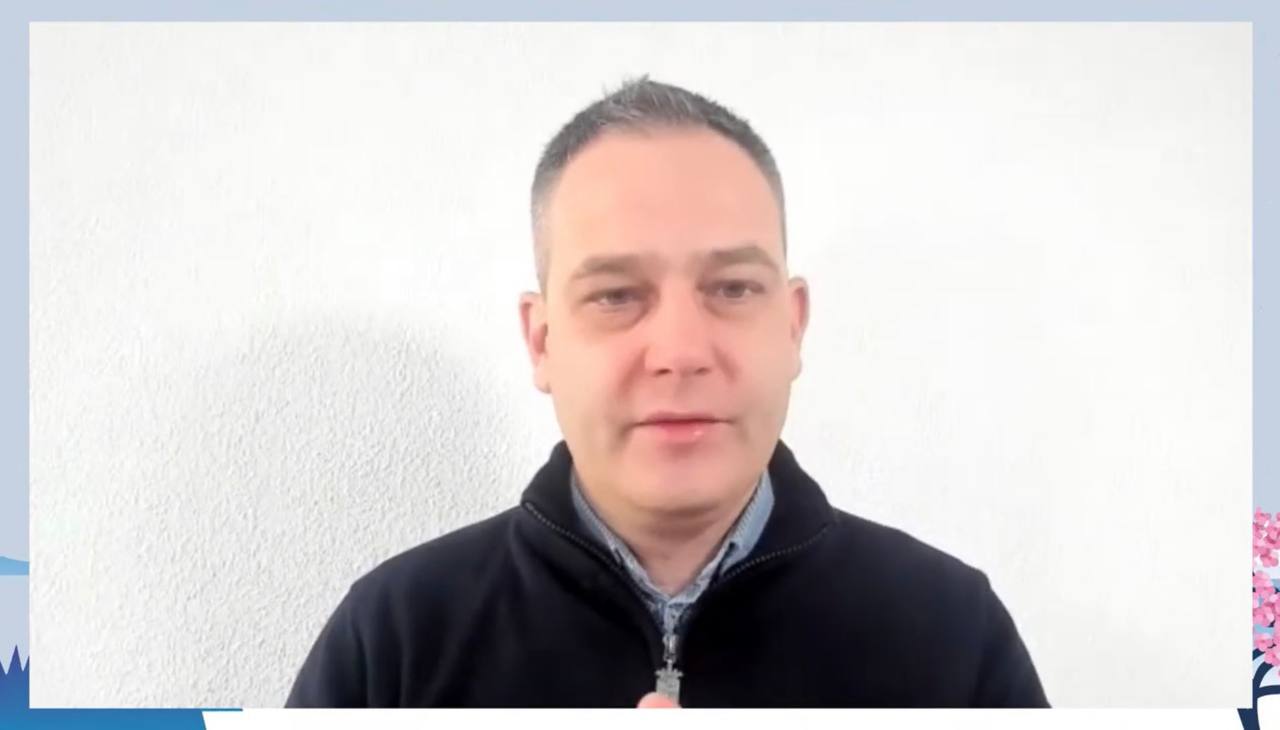
Atsuko Higashino, Senior Lecturer at University of Tsukuba:
The invasion in 2014 was indeed a huge shock for the Japanese public, but the shock because of the annexation is not comparable to the war in 2022 and 2023. Japanese people very quickly forgot the seriousness of this event in 2014 and its meaning. They didn’t know that it would happen again in the near future. So, they started to persuade themselves that Crimea culturally and linguistically belongs to Russia for a long time, so we cannot really help that. This kind of self-persuasion was kind of evident at the time of 2014
Now, in 2022 and 2023, many people begin to consider that this is an invasion, this is unacceptable for the Japanese people, the Japanese community, and we really need to change that, we really need to stop Russia. Our mind is fundamentally changed by the bravery and courage shown by Ukrainian people during this war. It is a very important moment for Japan.
Ukraine wasn’t really changed by the position of Japan, it is Ukraine who changes Japan in a very serious way! The Japanese impact on Ukraine wasn’t really huge, because we cannot really assist Ukraine in terms of the weapons delivery because of the various restrictions from our side.
Japanese interest for this war is much bigger than interest of any other country in East Asia, including China and South Korea. All of my South Korean colleagues admitted that in South Korea interest for this war is evidently lower than in Japan, so many of them were really surprised to come to Japan, go to the bookstore and see thousands of books, concerning war in Ukraine.
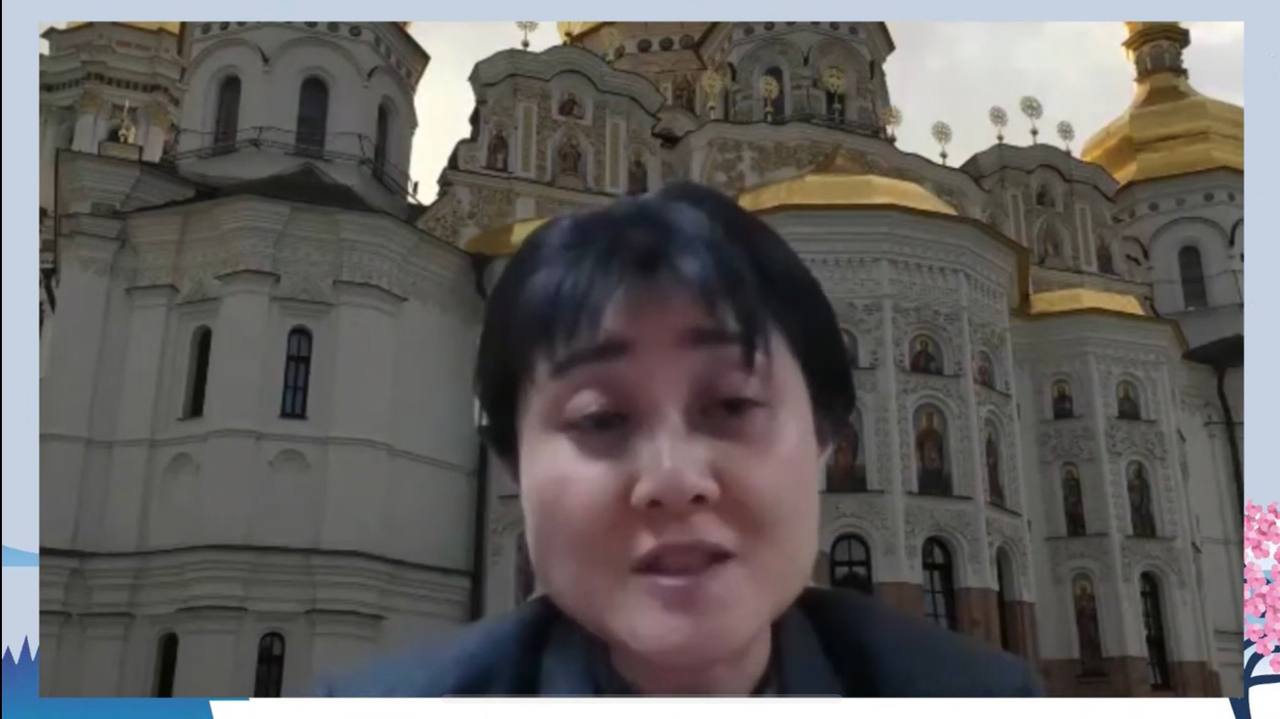
Peter Dickinson, Editor of the Atlantic Council’s UkraineAlert Service:
Before the full-scale invasion began there was a lot of self-criticism, there was a huge debate in America whether it was right to provide Ukraine with any arms. Then help was provided, but there were also restrictions on their use. And that reflects the kind of psychological barrier that the West in general has about engaging and confrontation with Russia.
This year, the trend is very clear – we’ve gone from the delivering of small amounts of weapons, when we thought Ukraine would fall, and now we came to large supplies of artillery and tanks. And in a month or in the summer, we may well see planes on the battlefield.
If Trump comes to power, then support for Ukraine may decrease, but I do not think that any president will be able to reduce it significantly. Trump also made statements in support of Putin and gave weapons to Ukraine, when, for example, Obama did not. Therefore, it is difficult to specify the scenario. Of course, support will most likely decrease, but it will not be decisive.
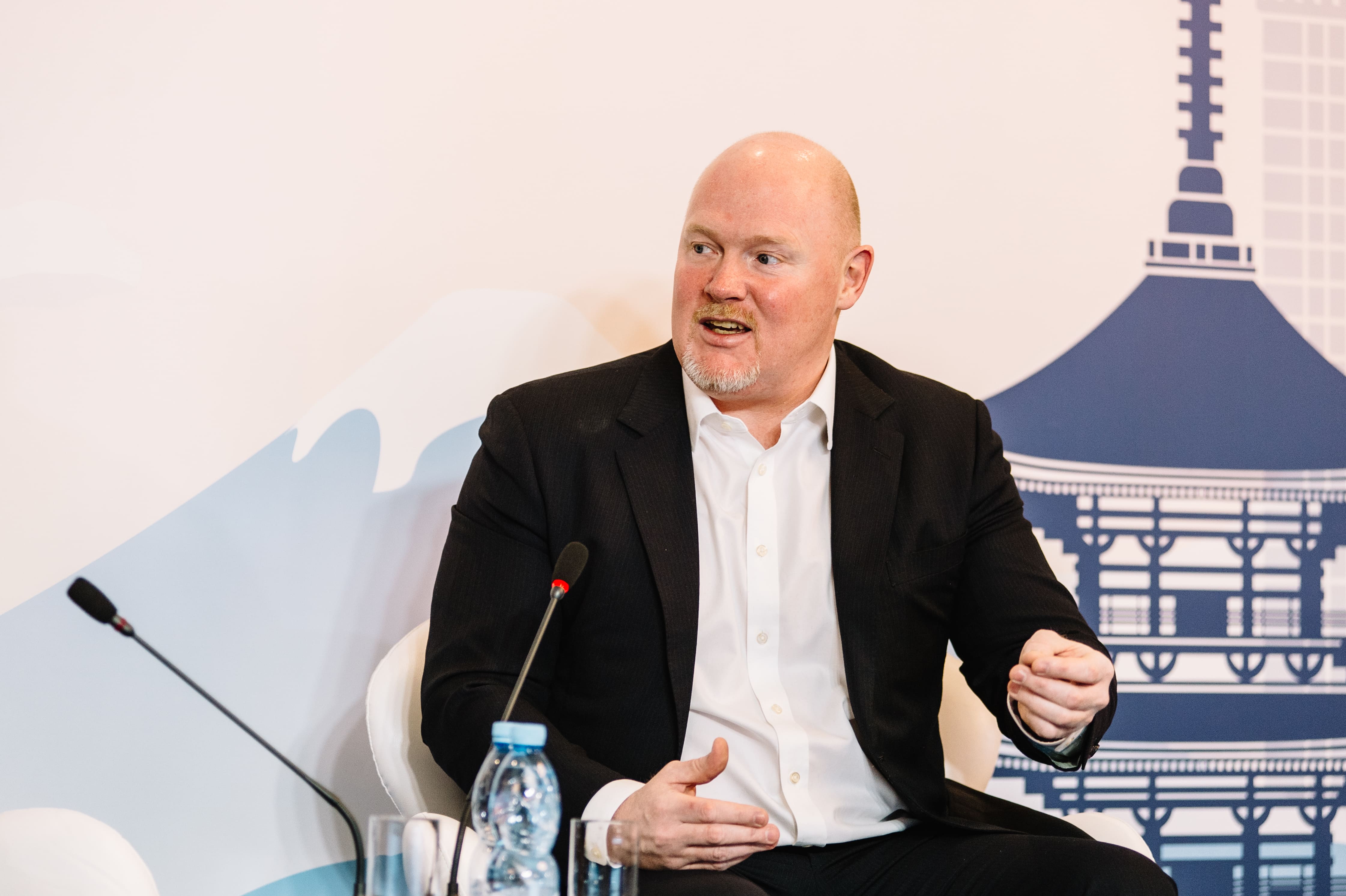
Michito Tsuruoka, Associate Professor at Keio University
G7 now is more active and united than ever before. G7 is playing a very vital role, not only in helping Ukraine, but also in sanctions against Russia. Japan holding the G7 presidency means that Japan is in charge of leading the G7 discussions.
In the past, the G7 was good in doing things, they were good in the strategic priorities for G7 countries or the West, but they were not good in implementing decisions. And finally G7 is more involved in enforcement and implementation of the sanctions against Russia. Now G7 is working on establishing the enforcement coordination mechanism to enforce sanctions against Russia. It’s a new beginning of institutionalization of the G7 and the new agenda of the Japanese Presidency.
G7 focus before was on restricting the import from Russia (energy, oil, etc). Now our focus is on shifting export control, it’s about preventing Russia from getting the equipment or products, which are technically needed for weapons production. The Russian defense industry uses civilian materials for weapons production as well. So, this is the high priority for G7. But the new challenge is how we can control it.
So, many countries in the world are very reluctant to get more aligned with G7 or the EU countries. India is a prime example. But India this year is holding the G20 Presidency, so it’s playing an important role and aspiring to become a leader of the Global South. We’re disappointed about India’s position regarding Russia, but still, it’s too early for us to give up involving India in our joint effort.
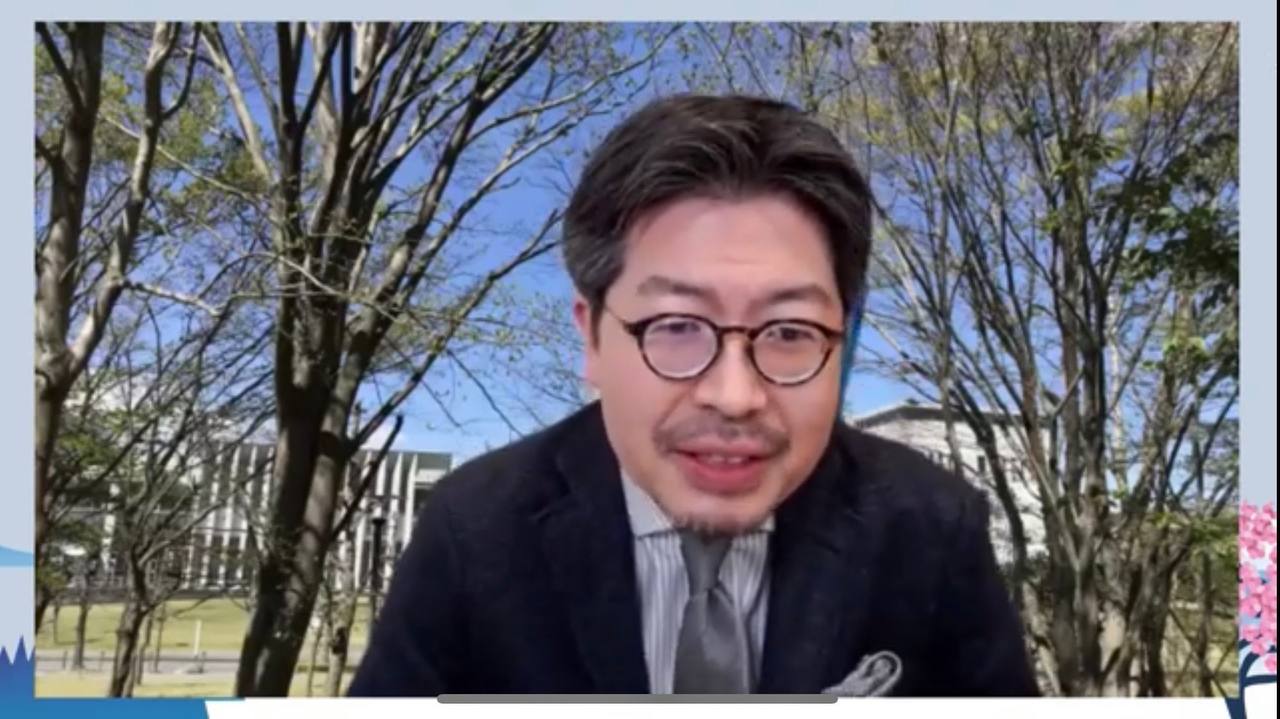
Moderator: Leo Litra, Senior Research Fellow at the New Europe Center:
The UN is unable to respond to the threat we have today. G7 has been much more effective as a tool to help Ukraine and to make efforts to roll back Russian aggression.While we see more important international institutions such as the United Nations have been least effective showing its inability to respond to the threat we have today.
We still see that there are countries who think they could stay neutral in the current context which I think is unacceptable. But this only underlines the amount of work we have to do in order to convince more countries to be on our side.
Ukraine has a strong transatlantic support & a very serious stronghold in Asia – Japan! Tokyo has been greatly aligned with the policy of the West, except in terms of military support. Yet, Japan has so many other instruments to help, including sanctions, financial & G7 support.
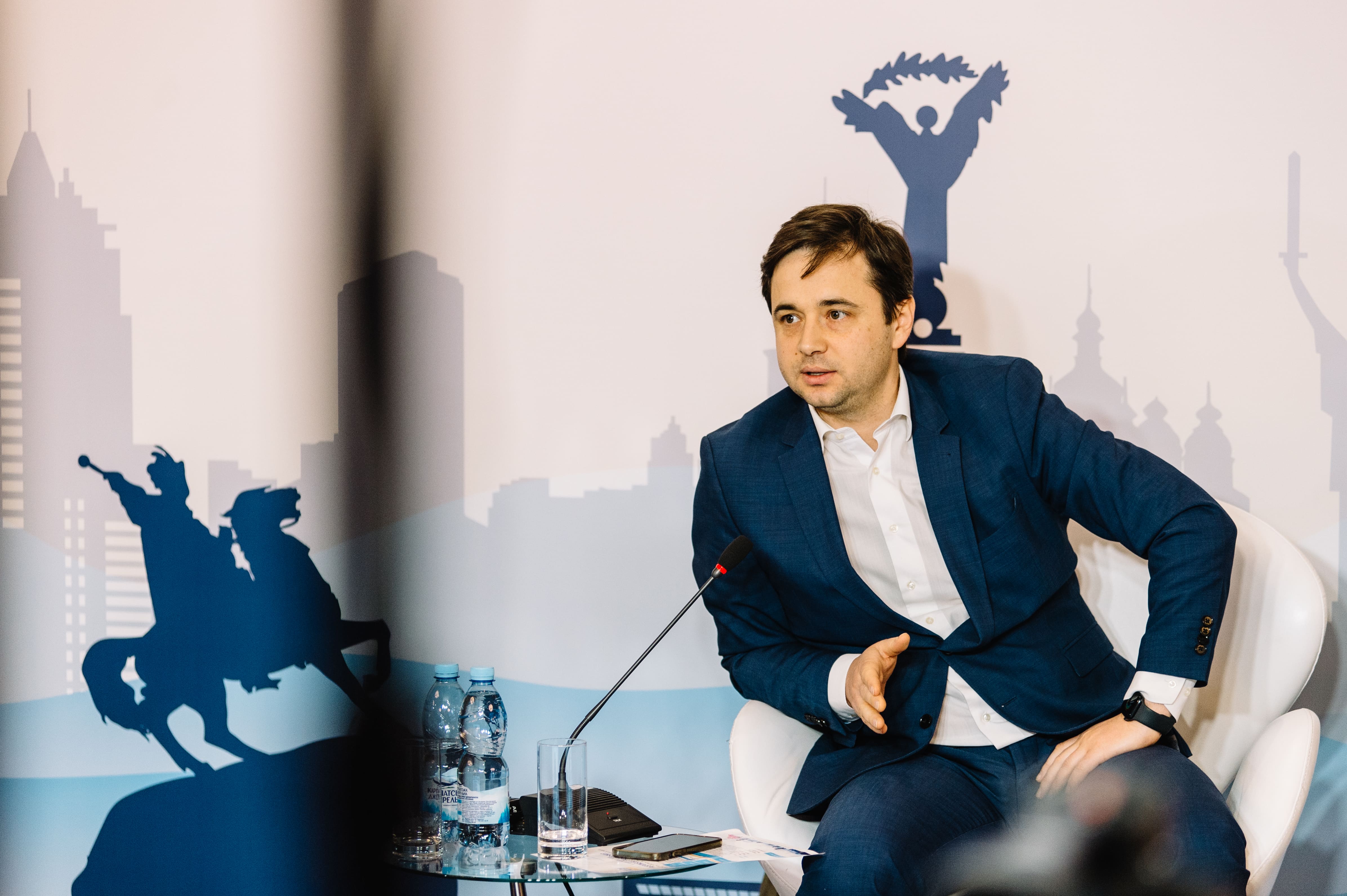
The Third Ukraine-Japan Forum was held on February 28, 2023. During the event, analysts and academics from Japan and Ukraine discussed issues related to the broader security environment in which both countries are operating today, as well as bilateral relations in the context of the ongoing Russian war in Ukraine.
Also, during the Forum, the discussion paper “Responsible Partnership. How Russian war can reshape Ukraine-Japan relations” prepared based on the results of an advocacy visit of the New Europe Center experts to Japan, was presented.
Video recording of the Forum is available in Ukrainian and in English.





